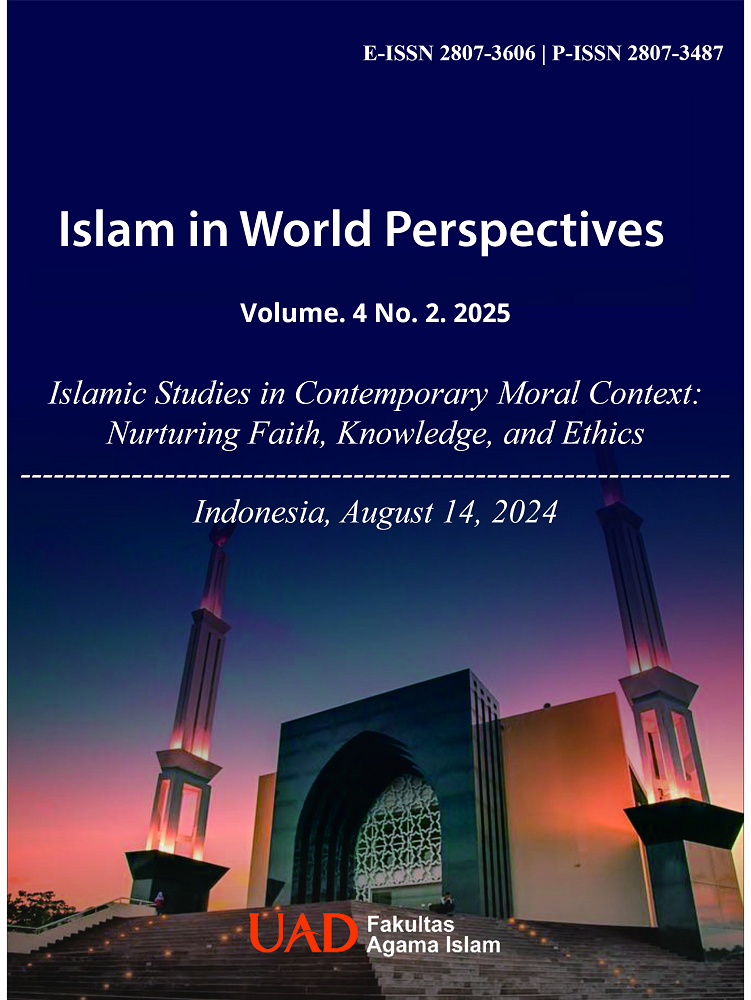Analysis of Islamic Bank Financing Strategies to Create Green Banking (Case Study of BPD DIY Syariah)
Abstract
The issue of environmental degradation and pollution has become the center of attention in world economic forums since it is considered a problem with enormous negative impacts. The banking industry promotes "green banking," or the growth of environmentally friendly banks. This study analyzes Islamic Bank's financing strategies for creating green banking. This study uses a qualitative and descriptive analysis approach, using direct interviews with the bank BPD DIY Syariah employees. Meanwhile, data analysis uses data reduction patterns, presentation, and conclusion. The results show that the bank BPD DIY Syariah applies green banking indicators, including carbon emissions, green building, reuse/recycle/refurbish, and paperwork or paperless to create green banking. In addition, the bank BPD DIY Syariah seeks to mitigate risks in the social and environmental risk aspects of its financing distribution by paying attention to the ecological management efforts of prospective debtors and debtors, which can be seen from the fulfillment of environmental documents.
Downloads
Published
Issue
Section
License
Copyright (c) 2024 Fadlia Salsabila, Pribawa E Pantas

This work is licensed under a Creative Commons Attribution-ShareAlike 4.0 International License.
Authors who publish with Islam in world perspectives agree to the following terms:
- Authors retain copyright and grant the journal right of first publication with the work simultaneously licensed under a Creative Commons Attribution License (CC BY-SA 4.0) that allows others to share the work with an acknowledgment of the work's authorship and initial publication in this journal.
- Authors are able to enter into separate, additional contractual arrangements for the non-exclusive distribution of the journal's published version of the work (e.g., post it to an institutional repository or publish it in a book), with an acknowledgment of its initial publication in this journal.
- Authors are permitted and encouraged to post their work online (e.g., in institutional repositories or on their website) prior to and during the submission process, as it can lead to productive exchanges, as well as earlier and greater citation of published work.

This work is licensed under a Creative Commons Attribution-ShareAlike 4.0 International License.



